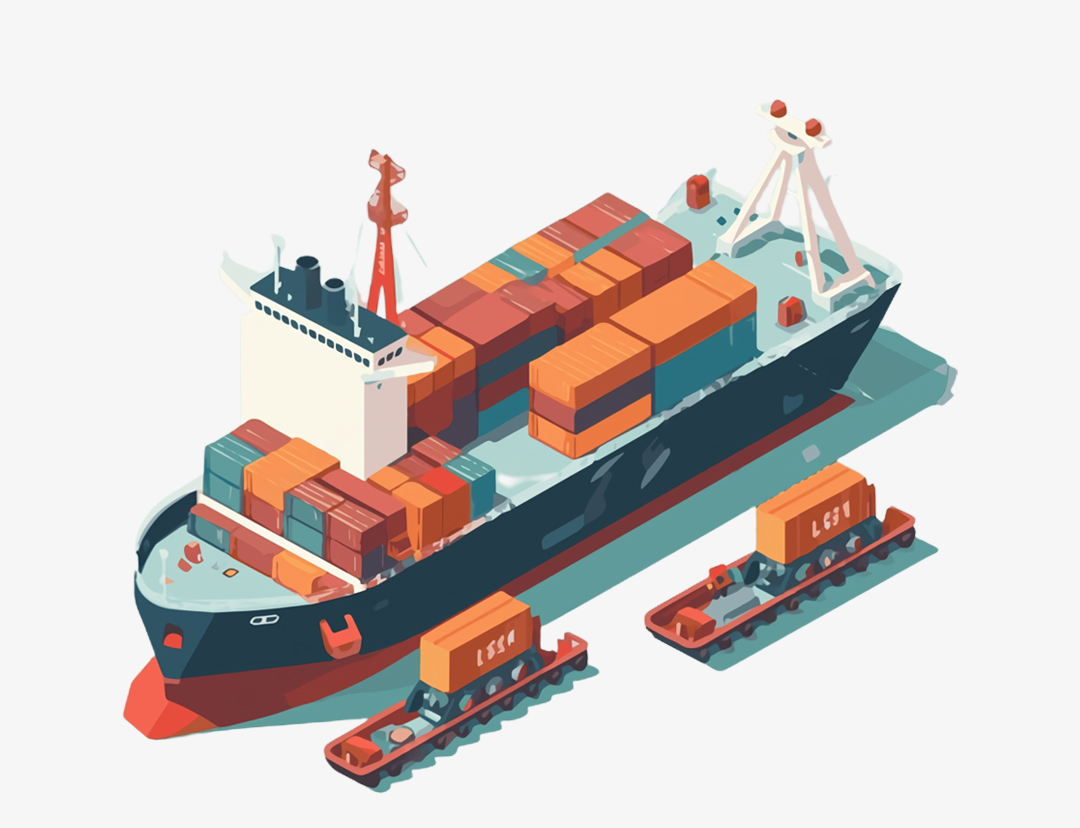Marine Insurance
Embark on a journey of secure and efficient international trade with our tailored Marine Insurance solutions. Safeguarding your cargo is more than a necessity; it’s a strategic move to protect your investments.

Packages
General Average Coverage
Essential in marine cargo transit, with TPLI it compensates partial loss, with other cargo owners contributing to perilous cargo.
Warehouse to Warehouse Coverage
Applied during offloading to customer’s warehouse, it compensates only the policyholder’s cargo, excluding others.
All Risk Coverage
Comprehensive protection against external damage/loss, labeled “all risk,” excluding issues like packing flaws, infestation, and abandonment.
Free from Particular Average Coverage (Related to Maritime Insurance)
Excludes minor losses. Covers significant ones like stranding, sinking, fire, theft, burning, or collision based on location.
Container Insurance
Damage or Loss To Containers
Container insurance, based on declared value, compensates total loss, partial loss repairs, and salvage liabilities.
Frequently Asked Questions
| Marina Operators | Protects marina operators against liability for damage to private pleasure vessels or craft – while in their care, custody or control for storage or repair or alteration |
| Terminal Operators | Protects terminal operators against liability for damage to vessels, cargo and property of others while in their care, custody or control |
| Stevedores | Covers legal liability in connection with direct physical loss of or damage to the property of others arising from the loading, unloading and movement of cargo within a terminal. |
| Ship Repairers | • Covers legal liability for loss or damage to vessels, their equipment and cargo while the vessels are in the insured’s care while being repaired or awaiting repair or alteration • Coverage can be extended to include liability for third-party bodily injury and property damage, strikes and pollution |
| Bumbershoot / Excess Liability | • Bumbershoot liability coverage for traditional marine liabilities such as protection and indemnity, collision, specific marine liabilities as well as non-marine liabilities such as automobile, employers liability and commercial general liability. • Excess marine liability coverage responds when the scheduled primary or underlying insurance is exhausted. |
| Wharfingers | • Covers the legal liability of commercial wharf owners for physical loss to vessels and their cargo while at their dock or wharf facilities, or physical loss to other property caused by such vessels. |
| Charterers | • Protection for importers, exporters or traders who enter into a contract (charter party) with a vessel owner to lease all or part of a vessel against liabilities arising under vessel chartering agreement • Covers damage arising out of loading or unloading and unsafe berth or wharf conditions, plus liability for damage to piers and pier facilities and liability for loss of life or bodily injury resulting from the charterer’s negligence • Coverage can also be extended to include liability for damage to cargo of third parties carried on board the vessel |



